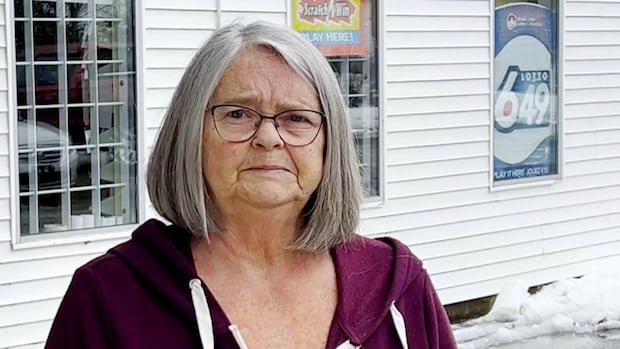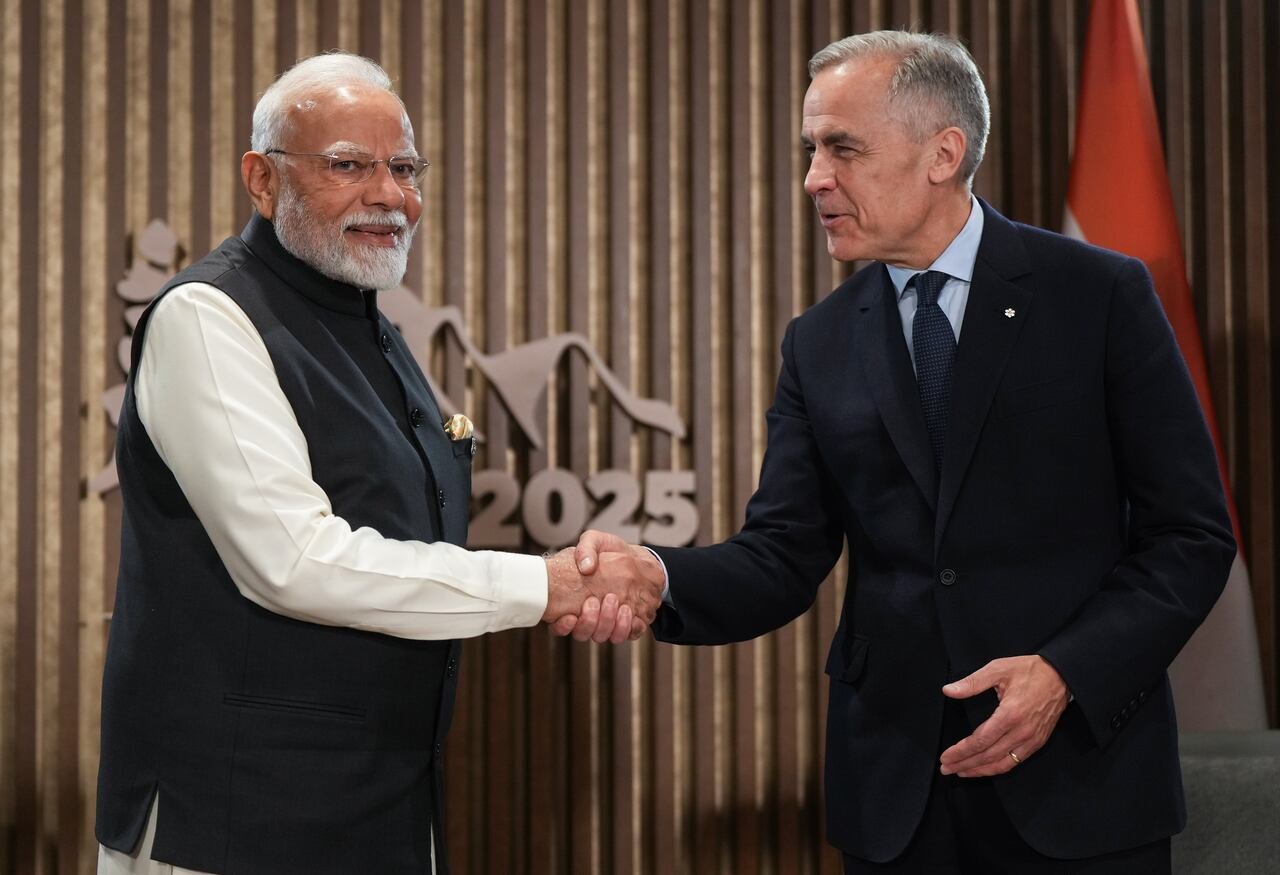Canada’s prominent vaccine center, celebrating its 50th anniversary this week, faces concerns due to shifts in U.S. policies and cuts in funding that could disrupt the global battle against diseases, according to experts.
Virologist Angela Rasmussen expressed worries about the impact of the U.S. losing capacity and investment in vaccine development, stressing the implications for researchers worldwide extend beyond vaccine hesitancy.
Rasmussen, based at the Vaccine and Infectious Disease Organization in Saskatoon, emphasized the broader consequences of these changes.

Another virologist, Dr. Arinjay Banerjee, who receives funding from the U.S.-based National Institute of Allergy and Infectious Diseases, highlighted the need for Canada to step up amidst U.S. hesitancy.
He emphasized the opportunity for Canada to fill the global gap created by the shifting landscape.
The Vaccine and Infectious Disease Organization (VIDO), situated on the University of Saskatchewan campus, evolved from a local livestock lab to a top-notch infectious disease research facility.
Established in 1975, VIDO houses over 200 scientists and staff, playing a crucial role in the global fight against pandemics.
As a partner in the “100 Days Mission,” endorsed by G20 countries, VIDO aims to develop new vaccines within 100 days of identifying a pandemic threat.
During the early stages of the COVID-19 pandemic, VIDO isolated SARS-CoV-2 from the first case in Canada and led the country in moving a potential vaccine into clinical trials.
However, the organization’s aspirations face challenges due to budget cuts by the U.S. administration, where billions in grants from the National Institutes of Health have been slashed.
Rasmussen highlighted the significant budget disparities between the National Institutes of Health and the Canadian Institutes of Health Research, stressing the need for increased government support.
She expressed concerns about the lack of funding alternatives from private foundations or other governments to compensate for the losses.
VIDO announced plans to evaluate the potential financial impacts of U.S. funding disruptions and support affected researchers to ensure research continuity.
Vaccine hesitancy
Rasmussen attributed the funding cuts to vaccine hesitancy propagated by U.S. health secretary Robert F. Kennedy Jr., who halted funding for mRNA vaccine projects, claiming their safety is questionable, a stance refuted by researchers.
Rasmussen criticized this approach as a deliberate attempt to mislead the public, emphasizing the need to combat misinformation in the fight against diseases.
She underscored the importance of transparency in VIDO’s work to build public trust and highlighted the significance of creating effective vaccines to save lives.
- <a class="similarLink" href="https://


